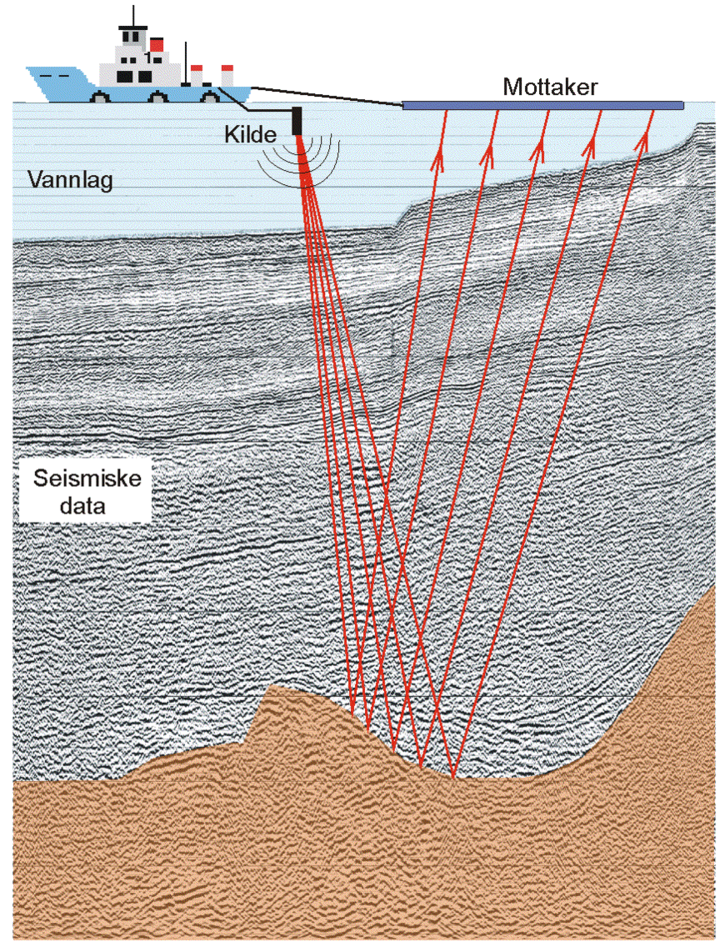All Categories
Featured
Table of Contents
Working As A Geophysicist And Oceanographer In Canada in Roleystone WA 2022

Other possible geophysicist majors that aren't geophysics or geoscience consist of: Atmospheric sciences and meteorology Chemical and physical oceanography Earth science Environmental science Hydrology and water resources science Products science By making any geophysicist degree, and by taking the necessary geology courses, you ought to receive an entry-level position as a geoscientist or geophysicist.
Ultimately, trainees need to learn: a branch of geology that takes a look at the different elements of minerals, consisting of chemical structure, internal crystal structure, and physical homes. the study of rocks and the procedures and conditions that form and transform them with time. There are a few neighborhoods in this branch of geology, consisting of igneous, metamorphic, and sedimentary rocks.

This field examines structural rock functions such as cleavage, faults, joints, and small folds. They must likewise discover the computer skills required to: evaluate information create digital models and maps operate geoscientists' software Trainees need to likewise benefit from all chances to gain real-world experience. Aspiring geophysicists need to expect to hang out learning: in the class in the field in labs Clearly, skills taught in the classroom are really crucial for aiming geophysicists.
Geophysical Survey Services in Sorrento WA 2020
For example, geoscientists spend a lot of their time outside when operating in the field, so they must have "outside abilities" like outdoor camping and operating boats, aircraft, and other lorries. Because they invest a lot time in remote places, it's important that geophysicists likewise have the physical stamina to carry required equipment on their walkings to areas of research study.
The job offers: a high typical and top revenues a high rate of individual fulfillment amongst geophysicists low work tension favorable job outlook More info on earnings capacity and task outlook is detailed listed below. For students seeking to land an entry-level role as a geoscientist or geophysicist, it takes four years, or the time required to complete a bachelor's degree in geophysics or an associated discipline.
Some research positions in geophysics require doctoral degrees. Likewise, if you plan to teach at a college or university, you need to make a Ph - Geophysical Survey Flashcards in Perth Aus 2022. D. in geophysics or a related field. The time it takes to make a Ph. D. varies by institution and program, however it typically takes four to 6 years beyond the bachelor's degree.
What Does A Geophysicist Do: Duties And Responsibilities in Marmion Australia 2022
In fact, many companies require candidates to have a bachelor's degree in geophysics or a closely related discipline for all entry-level positions. And, sometimes, companies require a master's degree. As a result, there's no way around the degree requirements for ending up being a geophysicist. Most companies will expect or require a practicing geologist to be accredited for positions beyond those at the entry level.
Presently, 31 states need licensing for geologists, although licensing is not constantly needed, particularly for entry-level work. The states that do issue licenses utilize the Fundamentals of Geology Test (FGE), which is administered through the National Association of State Boards of Geology (ASBOG). Now that you know which degree for geophysicist tasks you require, you'll require to land a job, and it's crucial to discover just how much cash you can make in this career.
According to BLS, the average annual wage for geoscientists is $93,580. The most affordable 10% of earners earn less than $52,000, while the highest 10% earn more than $201,000 annually. Incomes change by industry type and geographical place. According to BLS, certain markets provide higher earnings for geoscientists, and in many cases, they use higher-than-average profits.
Geophysical Surveys in Kalamunda Oz 2023
In reality, mining, quarrying, and oil and gas extraction offers over $32,000 more each year than the average yearly wage for this occupation. The federal government, too, provides over $10,000 more in incomes than the nationwide average for geoscientists. In addition to industry type, geographical place can significantly impact earnings for this occupation.

The top-paying states and their annual mean wages, according to the BLS, consist of: Texas $166,720 Oklahoma $149,630 Pennsylvania $120,590 Hawaii $120,130 Colorado $107,260 These five top-paying states offer much higher salaries than the average for this occupation. Incomes for geoscientists in Texas are over $73,000 higher than the nationwide average.
It needs to come as not a surprise that the majority of these high-paying locations remain in Texas and Oklahoma, however some are discovered in California, Louisiana, and Colorado. The top 10 highest-paying metro locations for geoscientists are: Houston-The Woodlands-Sugar Land, Texas: $188,400 Tulsa, Oklahoma: $186,490 Midland, Texas: $167,040 Odessa, Texas: $147,080 Oklahoma City, Oklahoma: $145,350 Bakersfield, California: $130,080 Urban Honolulu, Hawaii: $124,470 New Orleans-Metairie, Louisiana: $121,030 Washington-Arlington-Alexandria, DC, VA, MD, WV: $120,180 Denver-Aurora-Lakewood, Colorado: $116,910 For some geoscientists and geophysicists, residing in a metro city is not as enticing as residing in a smaller sized neighborhood.
Latest Posts
Geophysical Surveys Definition & Meaning In Stock ... in Murdoch Oz 2023
About Environmental Geophysics in Middle Swan Aus 2022
Geophysicist Job Description in Australia 2021